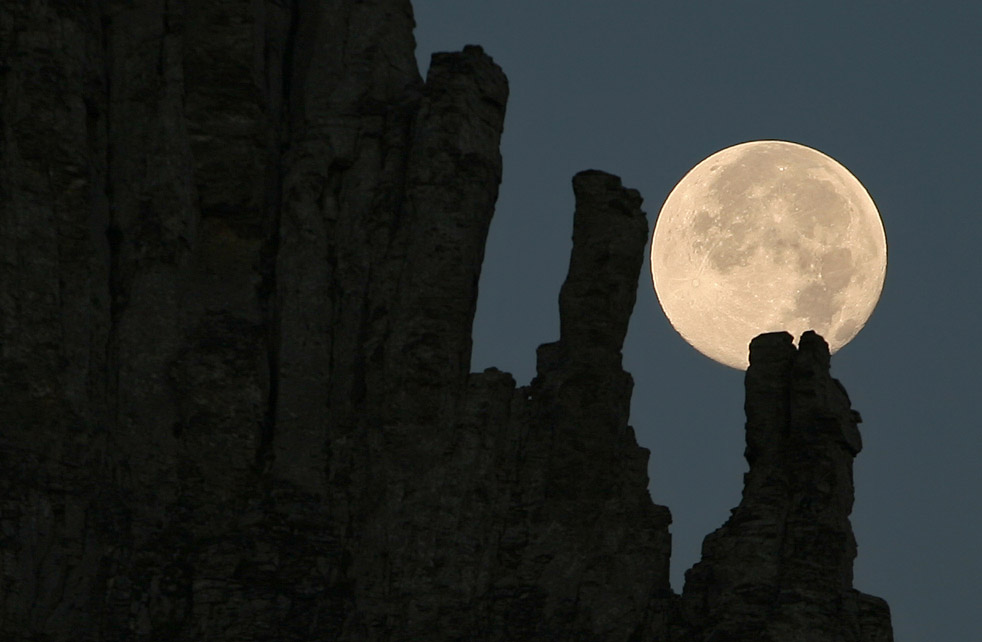Difference between revisions of "August 11, 2009"
| Line 1: | Line 1: | ||
__NOTOC__ | __NOTOC__ | ||
=The Pillars of Earth= | =The Pillars of Earth= | ||
| − | |||
<!-- ws:start:WikiTextHeadingRule:2:<h1> --> | <!-- ws:start:WikiTextHeadingRule:2:<h1> --> | ||
<!-- ws:start:WikiTextLocalImageRule:8:<img src="/file/view/LPOD-Aug11-09.jpg/83840227/LPOD-Aug11-09.jpg" alt="" title="" /> -->[[File:LPOD-Aug11-09.jpg|LPOD-Aug11-09.jpg]]<!-- ws:end:WikiTextLocalImageRule:8 --><br /> | <!-- ws:start:WikiTextLocalImageRule:8:<img src="/file/view/LPOD-Aug11-09.jpg/83840227/LPOD-Aug11-09.jpg" alt="" title="" /> -->[[File:LPOD-Aug11-09.jpg|LPOD-Aug11-09.jpg]]<!-- ws:end:WikiTextLocalImageRule:8 --><br /> | ||
| − | <em>image by [mailto:chriskots@gmail.com Chris Kotsiopoulos], Mt. Olympus, Greece</em><br /> | + | <em>image by [mailto:chriskots@gmail.com" rel="nofollow Chris Kotsiopoulos], Mt. Olympus, Greece</em><br /> |
<br /> | <br /> | ||
| − | Immediately invoking the famous Hubble Space Telescope image called the [http://apod.nasa.gov/apod/ap070218.html Pillars of Creation], Chris' more worldly view shows the end result of activity within the cosmic pillars. Within those gaseous columns are many star-forming regions where collapse of dust and gas transform nearly vacuous space into globes of incandescent nuclear fusion surrounded by smaller, colder worlds of rock. We live on one and the Moon is another, and together we circle the Sun, all created from gases and dust 4.55 billion years ago. As the gaseous debris cooled small pieces of mineral and rocks condensed out and began to collide. Pieces that stuck [http://www.lpi.usra.edu/education/timeline/gallery/slide_3.html accreted] and grew bigger creating planetesimals that ultimately made planets and moons. The last planetesimals are still orbiting in the asteroid belt and as the Oort Cloud, and evidence for many of their lost brethren are visible in this image as small bright spots on the Moon.<br /> | + | Immediately invoking the famous Hubble Space Telescope image called the [http://apod.nasa.gov/apod/ap070218.html" rel="nofollow Pillars of Creation], Chris' more worldly view shows the end result of activity within the cosmic pillars. Within those gaseous columns are many star-forming regions where collapse of dust and gas transform nearly vacuous space into globes of incandescent nuclear fusion surrounded by smaller, colder worlds of rock. We live on one and the Moon is another, and together we circle the Sun, all created from gases and dust 4.55 billion years ago. As the gaseous debris cooled small pieces of mineral and rocks condensed out and began to collide. Pieces that stuck [http://www.lpi.usra.edu/education/timeline/gallery/slide_3.html" rel="nofollow accreted] and grew bigger creating planetesimals that ultimately made planets and moons. The last planetesimals are still orbiting in the asteroid belt and as the Oort Cloud, and evidence for many of their lost brethren are visible in this image as small bright spots on the Moon.<br /> |
<br /> | <br /> | ||
| − | <em>[mailto:tychocrater@yahoo.com Chuck Wood]</em><br /> | + | <em>[mailto:tychocrater@yahoo.com" rel="nofollow Chuck Wood]</em><br /> |
<br /> | <br /> | ||
<strong>Technical Details</strong><br /> | <strong>Technical Details</strong><br /> | ||
| Line 14: | Line 13: | ||
<br /> | <br /> | ||
<strong>Related Links</strong><br /> | <strong>Related Links</strong><br /> | ||
| − | Chris' wonderful panorama [http://www.greeksky.gr/files/photos/moon/20090807Olympus01.htm view] with the pillars barely visible.<br /> | + | Chris' wonderful panorama [http://www.greeksky.gr/files/photos/moon/20090807Olympus01.htm" rel="nofollow view] with the pillars barely visible.<br /> |
<br /> | <br /> | ||
| − | <strong>[http://www.lpod.org/cwm/calendar.htm Lunar Anniversary]</strong><br /> | + | <strong>[http://www.lpod.org/cwm/calendar.htm" rel="nofollow Lunar Anniversary]</strong><br /> |
| − | Zond 7, launched by the USSR, flew around the Moon on this day in 1969 and returned [http://www.mentallandscape.com/C_CatalogMoon.htm film] of 35 photos to Earth for processing. <br /> | + | Zond 7, launched by the USSR, flew around the Moon on this day in 1969 and returned [http://www.mentallandscape.com/C_CatalogMoon.htm" rel="nofollow film] of 35 photos to Earth for processing. <br /> |
<br /> | <br /> | ||
<hr /> | <hr /> | ||
Revision as of 19:11, 4 January 2015
The Pillars of Earth

image by " rel="nofollow Chris Kotsiopoulos, Mt. Olympus, Greece
Immediately invoking the famous Hubble Space Telescope image called the " rel="nofollow Pillars of Creation, Chris' more worldly view shows the end result of activity within the cosmic pillars. Within those gaseous columns are many star-forming regions where collapse of dust and gas transform nearly vacuous space into globes of incandescent nuclear fusion surrounded by smaller, colder worlds of rock. We live on one and the Moon is another, and together we circle the Sun, all created from gases and dust 4.55 billion years ago. As the gaseous debris cooled small pieces of mineral and rocks condensed out and began to collide. Pieces that stuck " rel="nofollow accreted and grew bigger creating planetesimals that ultimately made planets and moons. The last planetesimals are still orbiting in the asteroid belt and as the Oort Cloud, and evidence for many of their lost brethren are visible in this image as small bright spots on the Moon.
" rel="nofollow Chuck Wood
Technical Details
7/8/2009 6:35. Canon EOS DIGITAL REBEL XTi, Focal Length 200.0 mm (cropped), 1/250 sec, f/4, ISO 100
Related Links
Chris' wonderful panorama " rel="nofollow view with the pillars barely visible.
" rel="nofollow Lunar Anniversary
Zond 7, launched by the USSR, flew around the Moon on this day in 1969 and returned " rel="nofollow film of 35 photos to Earth for processing.



